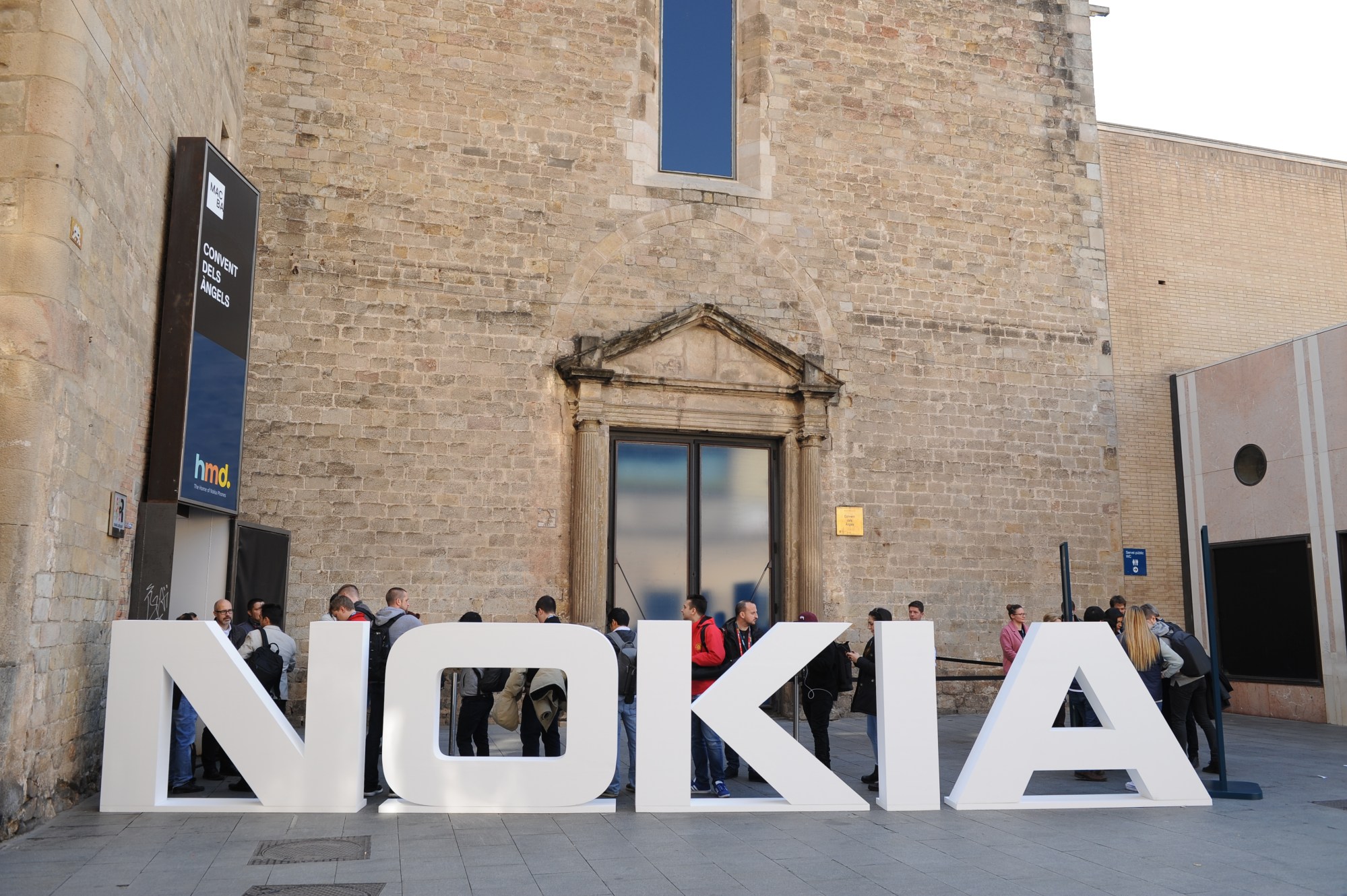Oppo said in a statement that it welcomed the court’s decision and called on Nokia to comply, “so that both parties can promptly return to constructive negotiations”.
In response to the Post’s inquiry, Nokia said it would appeal the ruling, which “is limited to the Chinese jurisdiction only and as such represents only one view.”
“Courts outside of China have confirmed that Oppo is in breach of its commitments as a user of Nokia’s technology in open standards … We remain confident of our position in the overall dispute and are hoping to resolve the matter soon,” it added.

The two companies have been engaged in multiple patent lawsuits in 12 countries since 2021, as they failed to agree on the price for using Nokia’s 5G patent portfolios on Oppo smartphones. Oppo filed a case in the southwest municipality of Chongqing in 2021.
The new ruling is China’s latest attempt to exert judicial authority over the royalty rates charged by foreign patent holders.
Sharp, which had been acquired by Taiwan’s Foxconn, appealed the case. After China’s Supreme Court upheld the ruling, Oppo and Sharp reached a cross-licensing deal to end all of their ongoing litigation globally.
In the latest case, the Chongqing court ruled that Nokia should charge licensing fees of US$1.151 per 5G multi-mode handset in developed markets, including Europe, and US$0.707 per device in other countries, including China.
Nokia charges a maximum licensing rate of 3 euros (US$3.24) per 5G smartphone, according to a notice on its website.
In addition, the Chongqing court decided that the total royalty burden for 5G standards in the mobile phone industry should range from 4.341 per cent to 5.273 per cent, the first ruling of its kind in the sector.
The court also ruled that the licensing rate for 4G smartphones should be US$0.777 per device in developed regions and US$0.477 per unit in markets including China.
China’s evolution to an assertive player in intellectual property rights
China’s evolution to an assertive player in intellectual property rights
Chinese companies are trying to have a bigger say in price setting, as they become more prominent patent holders of cellular network-related technologies than during the 4G era, according to Julia Zhu, head of IP licensing and litigation of Oppo.
“We expect the ruling by the Chongqing court to set a benchmark for the industry, and the prices set by the court would be a strong reference in other litigations,” Zhu said.
Oppo, which saw its smartphone shipments fall 6.5 per cent in the third quarter but remained the world’s fourth-largest brand, according to research firm IDC, is keen to put an end to the dispute.
Last year, the company lost a patent infringement lawsuit to Nokia in Germany. As a result, some of its handsets are barred from being sold there. The firm has since delisted most products from its German website.
Oppo loses legal fight against Nokia, possibly affecting sales in Germany
Oppo loses legal fight against Nokia, possibly affecting sales in Germany
Earlier this year, a court in India ordered Oppo to pay Nokia a licensing fee equivalent to 23 per cent of the Chinese firm’s local sales.
On the other hand, a court in Indonesia dismissed patent infringement complaints made by Nokia against Oppo.
Because of the importance of the Chinese market, smartphone makers in the country had long been able to broker rates lower than their foreign competitors. However, these companies have found it increasingly difficult to negotiate preferential fees.
Vivo, a sister company of Oppo, encountered similar lawsuits raised by Nokia and has stopped selling its products in Germany since May. That came after Vivo cancelled plans to bring its products to the Netherlands, where Nokia filed a similar lawsuit.

